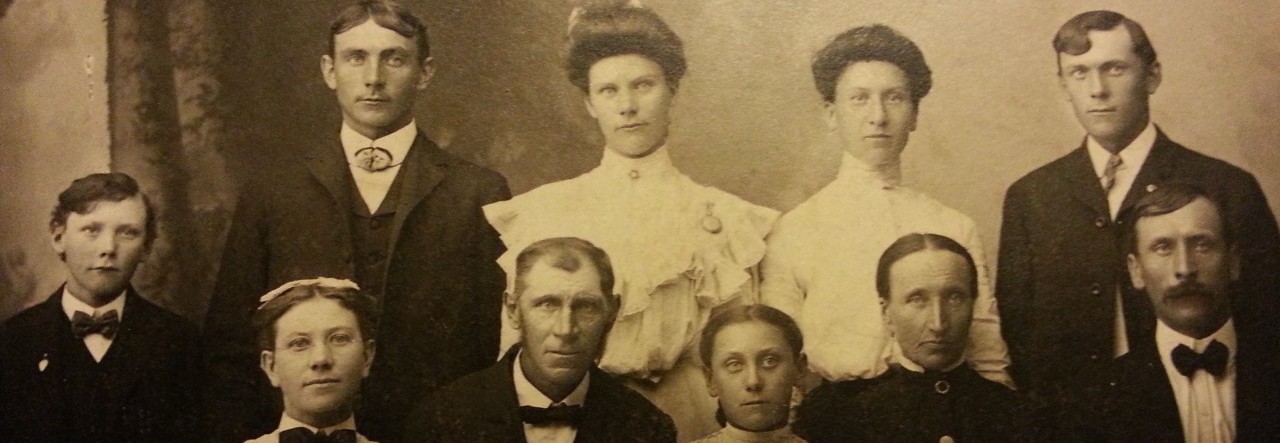Most professional groups have some sort of periodical or journal. This is different than a magazine in that articles take up the majority of the space instead of advertisements, and the contributors are those in the field instead of a journalist. Genealogy has several journals that everyone, even the hobbyist, can learn from. These are relatively easy to find and use as well.
There are several perks to reading and studying these journal articles:
- Methodology – Most articles are about a complex research question and how the author figured out the most reasonable answer.
- Resources – The articles will mention resources in various places around the world that you may have been unaware of.
- Citations – The articles in journals have wonderful citations that could lead you to similar findings.
- Writing – Genealogy journals are an excellent example of genealogical writing.
- Surnames – There are other people looking for the same people you are; perhaps they even wrote an article about it and you can see their research in a journal.
PERSI (Periodical Search Index)
PERSI is a subject index for history/genealogy periodicals from all over. I mentioned above that you can find your research surname in journals, so if you’re curious if anyone has written about a surname you research, you can search PERSI. Where do you find PERSI?
- FindMyPast.com
- FamilySearch.org (on microfilm, not online)
- Heritage Quest (Usually offered through your public library – see their subscriptions for more information)
Ancestry.com used to have it but no longer does, just an FYI.
Searching PERSI with HeritageQuest
PERSI is not an every word index – you can search by:
- People – you can search by surname, keyword, or periodical – Remember that the surname shows up only if it’s in the title. Adding a location or periodical can help with results.
- Places – state, county, keyword, record type, Canada, and other countries are all available to narrow down your search
- How-To’s – you can search by keyword and record type
- Periodicals – specific title keywords can be searched here
Randy Seaver from Genea-Musings created a blog post about how to search PERSI on FindMyPast.com that is well worth reading if you have a subscription there (or have thought about a subscription).
Major Journals
Most libraries will have the top periodicals available in their genealogy section, especially if genealogy is a big research draw for them. Here are some major journals that are well worth reading:
- National Genealogical Society Quarterly
- New England Historical and Genealogical Register
- New York Genealogical and Biographical Society Record
- The American Genealogist
- The Genealogist
Many times you can also find an index published by the periodical’s organization that list the surnames for their specific publication. These indexes can also be found online at times. For example, the New England Historical and Genealogical Register can be searched through Ancestry.com for the years 1847-2011.
Local Journals/Newsletters
Don’t forget to check out if there are local journals for your area too. Most genealogy societies do have at least a newsletter or quarterly with the same kind of information in the major journals, except more local. These can be found at the local library.
Local journals are also becoming more available online too as newsletters and journals become electronic. For example, I am a part of the Indiana Genealogical Society and their publication, Indiana Genealogist, is available online for members. I love this as I can then search the publication with a keyword search from my computer if need be. Not to mention this is a lot more cost effective!
Leave a comment below if you feel I left out a great journal or if you have had some great finds using periodicals. Happy hunting!



